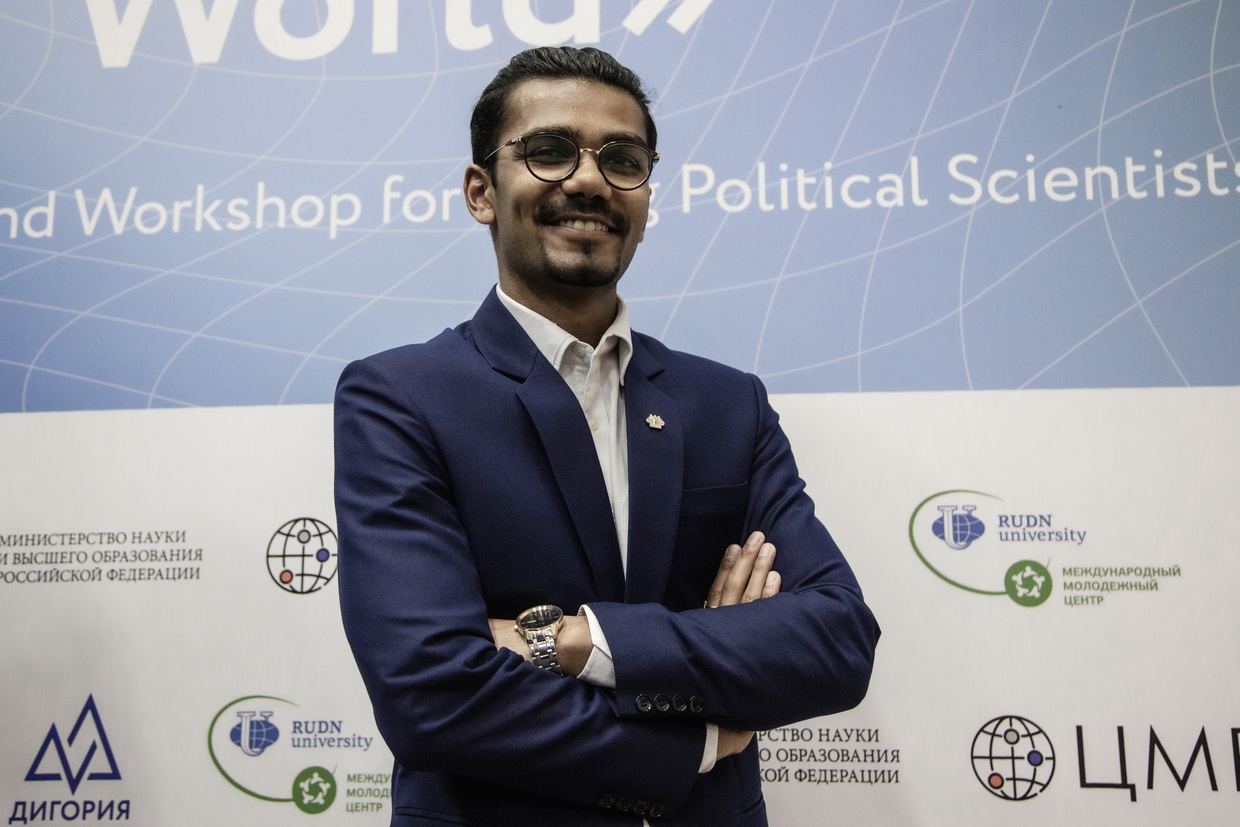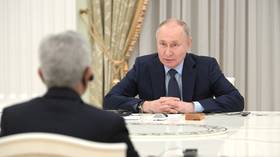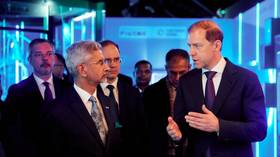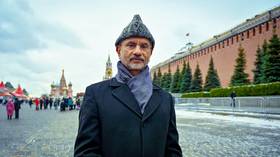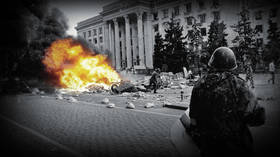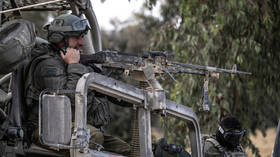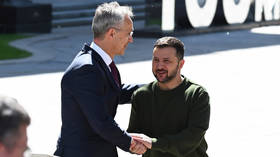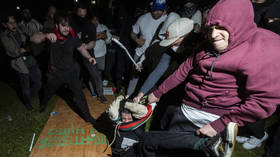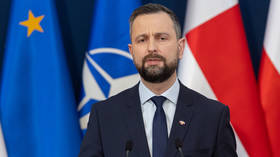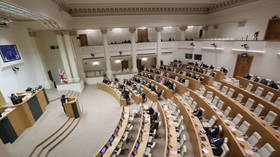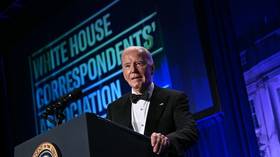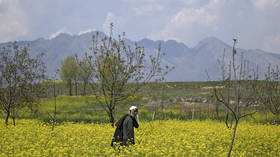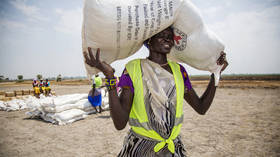Bold statement: India sends a message to the world by improving ties with Russia
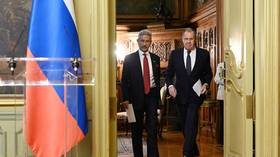
As the five-day visit of External Affairs Minister of India Dr. Subrahmanyam Jaishankar wraps up, along with the year 2023 – which happened to be truly unmatched for bilateral relations between old friends New Delhi and Moscow – one can assume that the countries are now on a clear path to reenergizing their strong, predictable, mutually beneficial, but somewhat sluggish ties.
As part of his official schedule, Jaishankar met with Russian Foreign Minister Sergey Lavrov and Deputy Prime Minister Denis Manturov, engaged with the Indian community in Moscow, and interacted with Russian President Vladimir Putin, which is a rare deviation from the Kremlin’s protocols.
Jaishankar’s visit holds importance due to the conflict in Ukraine, which has created deep geopolitical divisions in Europe and globally. India has consistently maintained a neutral stance by calling on all parties to pursue a resolution through peaceful means. Therefore, the current visit highlights the importance that Russian-Indian relations play despite Western calls for sanctions on Moscow and a boycott of Russian exports, notably oil and armaments.
During an almost hour-long interaction with the Indian community, Dr. Jaishankar noted that the relationship between India and Russia in world politics is a “relationship of exceptional steadiness and consistency.” Praising the stability of ties between the two giants, he said that while almost all relationships between states have had their “good and not-so-good” periods, India-Russia ties have been the only constant in world politics since the early 1950s.
Officially, Indo-Russian relations enjoy the unique title of Special and Privileged Strategic Partnership. Since the start of the Ukrainian crisis, while Russia and Europe have suffered a break in their geopolitical relationships, Russia’s subsequent eastward focus and Indian neutrality have resulted in an explosion of trade and commerce between the traditional Cold War allies. Highlighting the significance of ties, Dr. Jaishankar stressed the great care taken by previous leaders to nurture this relationship.
Russia has found an eager market among Indian oil buyers as Western states have imposed restrictions on Russian oil imports. Led by the United States and its European allies, a new price cap of $60 per barrel was declared on Russian seaborne crude. India has quietly refused to recognize the Western price ceiling.
When questioned at the Globsec 2022 forum in Slovakia regarding India’s unique stance on the Ukraine conflict, Jaishankar famously argued: “Europe has to grow out of the mindset that Europe’s problems are the world’s problems, but the world’s problems are not Europe’s problems.”
During his address, Jaishankar also highlighted that while the economic relationship between the two nations has shown tremendous growth, increasing Indian exports to Russia would be welcomed. Some other challenges identified during his public interaction were the lack of familiarity with some of the economic players, solutions, and platforms emerging in both countries. Enhancing cultural exchanges, business-to-business interactions, tourism, and collaboration between civil society organizations of both nations, were some of the areas singled out as holding potential for growth.
The Indian external affairs minister also interacted with Russian President Vladimir Putin at the Kremlin on December 28. Highlighting the increased economic partnership between India and Russia, Putin noted that commercial collaborations between the two states have seen greater investments, especially in the oil, coal, and high-tech sectors.
India currently imports almost 20% of its oil from Russia. As the third largest oil buyer in the world, India is a net energy importer as it fuels its rising economic demands. Russia has recently emerged as India’s top supplier, overtaking Iraq and Saudi Arabia. Russian oil imports now make up to 40% of New Delhi’s total oil demand, and have shown 44% year-on-year growth.
Oil imports have also given new economic impetus to a relationship that had become restricted to mainly defense equipment for the past few years. Both countries are now searching for ways to expand and reinvigorate commercial ties, as Moscow looks for greater integration with Asian markets and India searches for new business partners to fuel its rising economic status.
Vladimir Putin extended an invitation to Prime Minister of India Narendra Modi to visit Russia next year. “I know about his desire to do everything to resolve this problem through peaceful means,” he said, noting that Modi was “repeatedly informed” and kept in the loop on the Ukraine crisis.
India has consistently abstained from participating in UN resolutions, which may been seen as criticizing Russia’s actions in Ukraine. Earlier this year, the Russian president reiterated Moscow’s support for India’s permanent membership at the United Nations Security Council, a position that New Delhi has been trying to attain in recent years. The same was again reiterated by Lavrov on Wednesday during his joint press address with Jaishankar following the talks.
When discussing broadening collaboration with Russia in the defense, nuclear, and space sectors, Jaishankar highlighted a point that won't escape the attention of keen observers: “These are collaborations you only do with countries with whom you really have a high degree of trust,” he said during his interaction with the Indian community. He added that significant agreements were signed on expanding the Kudankulam nuclear power plant (KNPP) joint project.
The current visit is indeed being closely watched in Western capitals, especially since India has successfully walked a difficult diplomatic tightrope between expanding relations with Western states while also deepening its partnership with Moscow. The visit is also a way for New Delhi to signal its independent foreign policy and strategic autonomy in pursuing its interests, at a time when India is drawing closer to the United States and its allies.
The perennial India-Russia ties are best described by Jaishankar’s recent post. It contained a picture of a 1962 Soviet visiting card to Red Square when he was there with his father, and his recent picture in front of the Kremlin with the captions, “How it started; How it’s going.”
The statements, views and opinions expressed in this column are solely those of the author and do not necessarily represent those of RT.
